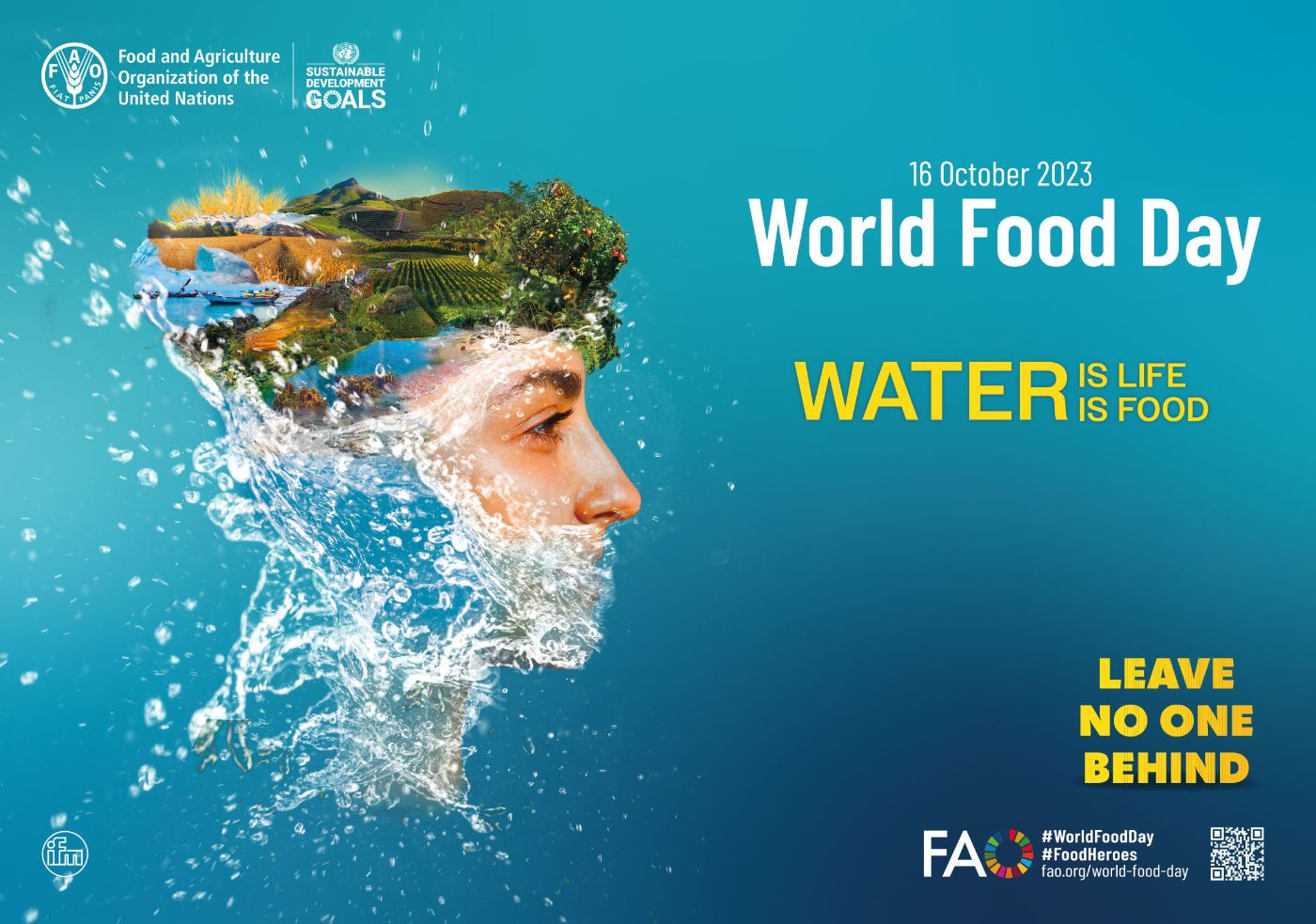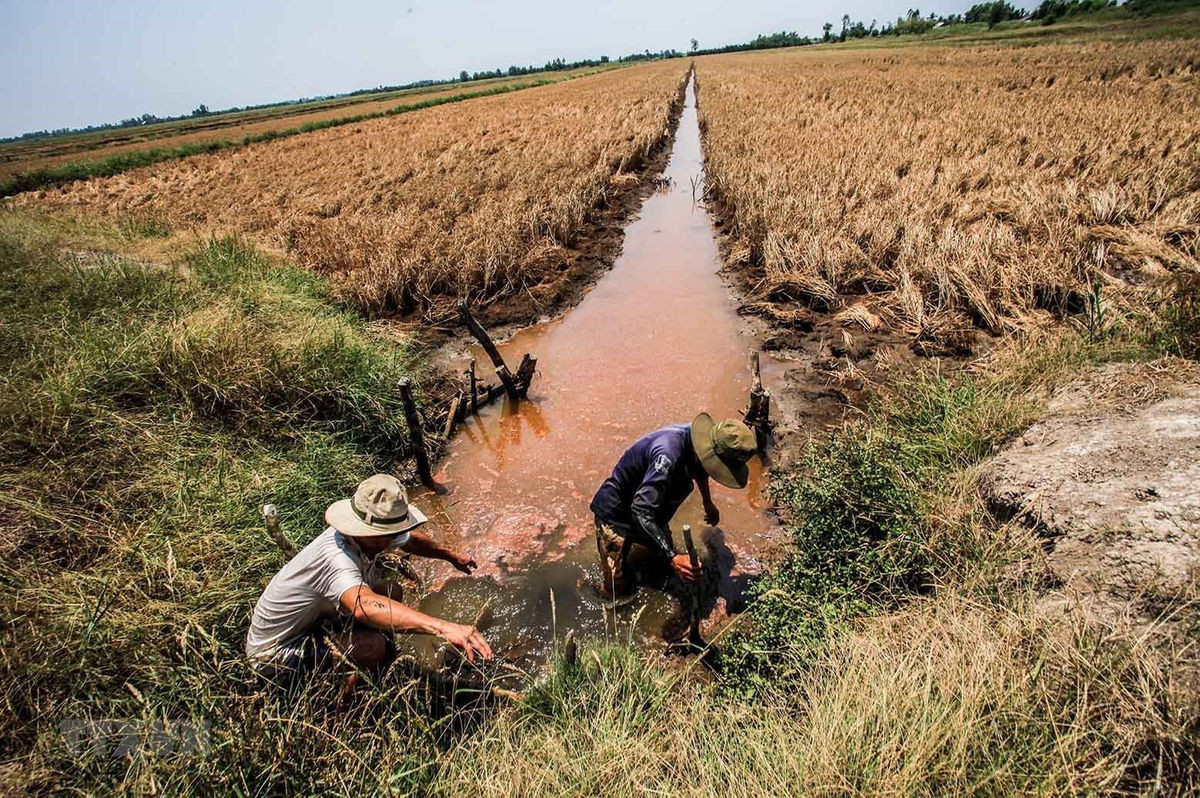Water Scarcity Program & Water Scarcity Situation in Indonesia

The Water Scarcity Program (WSP) is a project implemented by the Food and Agriculture Organization of the United Nations, with support from the Australian Government, to respond to ongoing water scarcity in developing countries. participating in the Asia-Pacific region. Water scarcity is increasing due to rapid population growth and climate change. The main objective of WSP is to provide technical and policy support to ensure that water use in agriculture is managed in a sustainable and effective manner, thereby contributing to water security and food security, developing resilient and prosperous rural areas in the region. A further special goal is to achieve Sustainable Development Goals 2 and 6. The Project in Southeast Asia will cover the country of Cambodia, Indonesia, Thailand, and Viet Nam in 2023.
WSP approaches this problem by focusing on analyzing water scarcity in the region and sharing experiences between countries through policy and management tools. The launch meeting of the Water Scarcity Program in Indonesia was successfully held following a preparatory meeting on July 18, 2023.
Initial findings show that Indonesia is facing three types of water scarcity: rapidly changing water resources, overuse of water and poor water quality. Rapid population growth, industrial expansion and climate change are factors leading to this situation. Irrigation infrastructure is also facing operational and maintenance difficulties, requiring continuous investment and improvement. Water resources must be used efficiently and sustainably, and economic growth also requires ensuring water supplies for services and industry of sufficient quality and quantity. This raises an important issue of sustainable financing for maintaining and developing water supply systems.
Source: Global Water Partnership 2023







